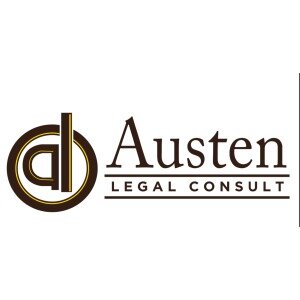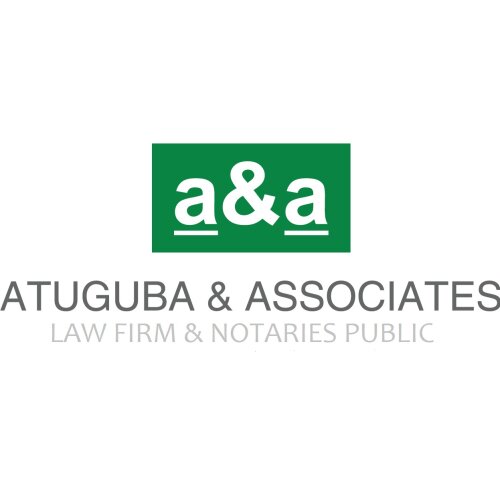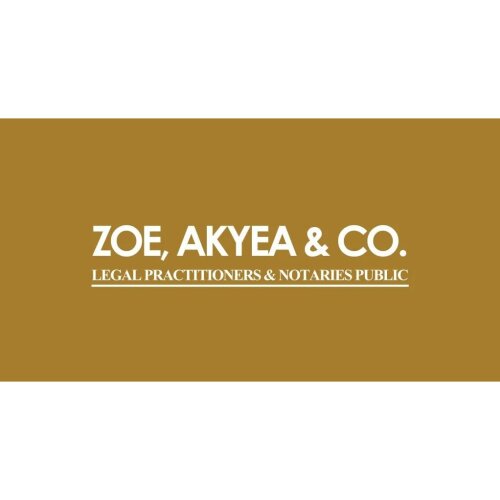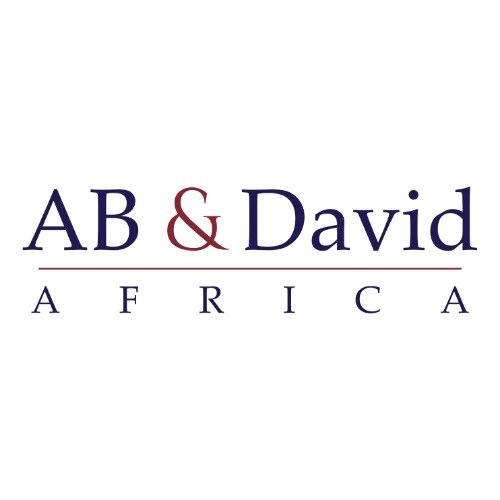Best Employment Rights Lawyers in Ghana
Share your needs with us, get contacted by law firms.
Free. Takes 2 min.
Or refine your search by selecting a city:
List of the best lawyers in Ghana
About Employment Rights Law in Ghana
Employment rights law in Ghana is designed to protect workers and ensure fair treatment in the workplace. The foundational legal framework governing employment rights in the country includes the Labour Act, 2003 (Act 651), which integrates best practices to regulate employment relationships. This law addresses aspects such as conditions of employment, career progression, and termination of employment. The law provides guidelines to promote equality at work, regulate salary and benefits, and ensure workplace safety. The Ghanaian legal system also supports workers' rights to join trade unions and participate in collective bargaining to improve their working conditions.
Why You May Need a Lawyer
Employment rights can often become complex, and individuals may find themselves needing legal assistance for various reasons. Common situations where one might require a lawyer include:
1. Discrimination and Harassment: Employees facing discrimination or harassment based on race, gender, age, or other grounds may need legal representation to seek justice.
2. Unlawful Dismissal: Understanding your rights if you have been unfairly terminated requires legal expertise, particularly when negotiating severance or filing wrongful termination claims.
3. Contracts and Agreements: Reviewing or drafting employment contracts or non-compete agreements often necessitates the specialized lens of a legal professional.
4. Workplace Safety Violations: If your workplace does not adhere to safety standards, you may need to take legal action to ensure compliance and protect workers.
5. Wage Disputes: Disagreements over pay, overtime, or bonuses can sometimes only be resolved with legal intervention.
6. Organizing and Union Representation: Legal advice may be needed when dealing with collective bargaining agreements and union-related issues.
Local Laws Overview
Employment rights in Ghana are enshrined mainly in the Labour Act of 2003, which covers several key aspects:
1. **Contracts of Employment**: Every employee should receive a written contract outlining terms of employment, job description, and compensation.
2. **Working Hours and Leave**: Standard working hours are capped, and employees are entitled to annual, sick, and maternity/paternity leave.
3. **Minimum Wage**: The National Tripartite Committee mandates periodic reviews of the national minimum wage.
4. **Redundancy and Severance**: The law specifies procedures for redundancy, including severance pay entitlements.
5. **Health and Safety**: Employers are obligated to provide a safe working environment and comply with occupational safety standards.
6. **Freedom of Association**: Employees have the right to join and engage in trade union activities without interference.
7. **Dispute Resolution**: Labour disputes are settled through channels like the National Labour Commission and the Industrial and Labour Courts.
Frequently Asked Questions
What is the legal working age in Ghana?
The legal working age in Ghana is 16 years, and persons under 18 are restricted from engaging in hazardous work.
How can I resolve a workplace dispute?
Workplace disputes can be resolved through mediation, arbitration, or settling matters in the Industrial and Labour Courts. The National Labour Commission offers alternative dispute resolution mechanisms.
Is there a standard probation period for new employees?
While the Labour Act does not specify a standard probation period, it is typically stipulated in employment contracts and is usually between three to six months.
Are employers obligated to provide medical insurance?
No, however, employers are encouraged to subscribe to health insurance plans for employees. Public sector workers usually benefit from the National Health Insurance Scheme (NHIS).
What rights do I have if I'm dismissed without proper notice?
If dismissed unlawfully, you may be entitled to remedies including reinstatement or compensation for wrongful dismissal.
How are overtime wages calculated in Ghana?
Overtime is typically paid at a higher rate than regular working hours, usually at 150% of the normal hourly rate, unless otherwise agreed in the employment contract.
Can an employer change my employment terms without my consent?
No, any changes to employment terms require mutual agreement between the employer and employee.
What is considered workplace harassment?
Workplace harassment includes verbal, non-verbal, or physical abuse that creates a hostile work environment, typically involving repeated unwanted behaviors.
Is there a minimum rest period between shifts?
The Labour Act stipulates that workers are entitled to a minimum rest period of 12 consecutive hours between one day's end of work and the next day's start.
Can I be fired for joining a trade union?
No, the law protects employees from termination based on union membership or participation in union activities.
Additional Resources
For further assistance with employment rights in Ghana, consider contacting the following:
1. **National Labour Commission (NLC)**: This body handles disputes, grievances, and offers consultation services.
2. **Ghana Trades Union Congress (TUC)**: Provides support and representation for employees in labor matters.
3. **Labour Department**: Offers services related to employment standards and compliance checks.
4. **Legal Aid Commission**: Provides free legal services to individuals in need.
5. **Occupational Safety and Health Division**: Focuses on promoting safety compliance in workplaces.
Next Steps
If you're in need of legal assistance concerning employment rights in Ghana, consider the following steps:
1. **Identify your Legal Issue**: Clearly define the nature of your employment rights concern.
2. **Gather Documentation**: Collect relevant documents, such as contracts, correspondence, and any evidence supporting your case.
3. **Consult a Lawyer**: Seek advice from a lawyer who specializes in employment law for personalized assistance.
4. **Reach Out to Relevant Authorities**: Approach governmental bodies like the National Labour Commission for mediation or dispute resolution.
5. **Consider Filing a Claim**: If necessary, proceed with formal legal action through the Industrial and Labour Courts.
Remember, understanding your rights and seeking appropriate legal advice is crucial in addressing any employment rights issues effectively.
Lawzana helps you find the best lawyers and law firms in Ghana through a curated and pre-screened list of qualified legal professionals. Our platform offers rankings and detailed profiles of attorneys and law firms, allowing you to compare based on practice areas, including Employment Rights, experience, and client feedback.
Each profile includes a description of the firm's areas of practice, client reviews, team members and partners, year of establishment, spoken languages, office locations, contact information, social media presence, and any published articles or resources. Most firms on our platform speak English and are experienced in both local and international legal matters.
Get a quote from top-rated law firms in Ghana — quickly, securely, and without unnecessary hassle.
Disclaimer:
The information provided on this page is for general informational purposes only and does not constitute legal advice. While we strive to ensure the accuracy and relevance of the content, legal information may change over time, and interpretations of the law can vary. You should always consult with a qualified legal professional for advice specific to your situation.
We disclaim all liability for actions taken or not taken based on the content of this page. If you believe any information is incorrect or outdated, please contact us, and we will review and update it where appropriate.
Browse employment rights law firms by city in Ghana
Refine your search by selecting a city.

















